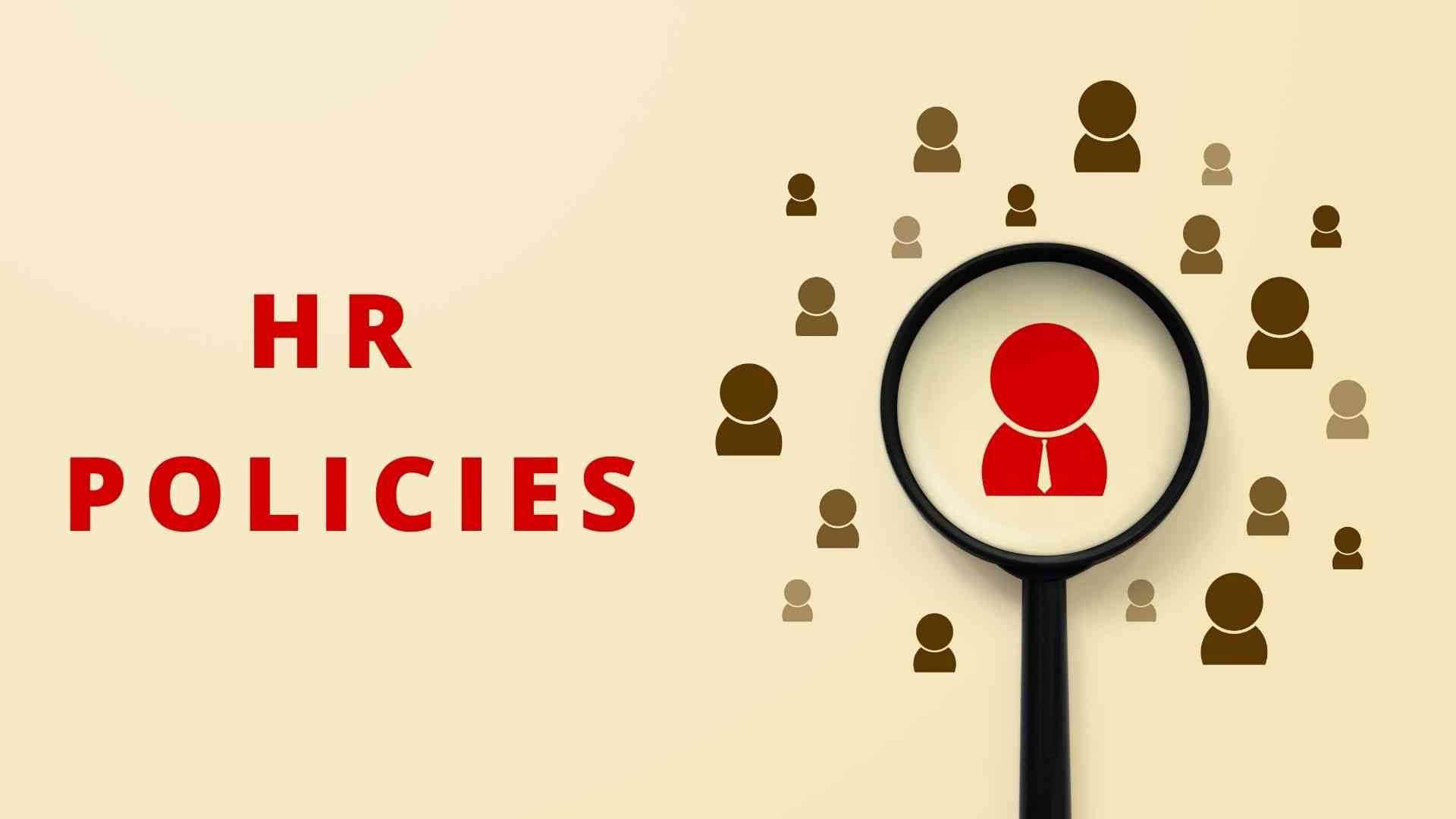
In today's fast-paced and ever-changing business landscape, having well-defined Human Resources (HR) policies is essential for the success and growth of any company. HR policies serve as a framework that guides the behavior, actions, and decisions of both employees and management.
They provide clarity, consistency, and fairness in the workplace, ensuring everyone is treated equitably and that the organization operates smoothly. One of the primary reasons why every company needs HR policies is to establish clear expectations and standards of conduct. These policies outline acceptable behavior, such as anti-discrimination and harassment policies, a code of ethics, attendance policies, and social media guidelines. By clearly defining these expectations, companies can create a positive work environment where employees feel safe, respected, and valued.
HR policies also play a crucial role in mitigating legal risks for organizations. They help ensure compliance with employment laws and regulations, such as equal employment opportunity laws and health and safety regulations. By having well-documented policies in place, companies can demonstrate their commitment to following the law and protecting the rights of their employees.
Furthermore, HR policies promote consistency in decision-making processes. They provide guidelines for various HR practices, such as recruitment and selection procedures, performance evaluations, promotions, disciplinary actions, and employee benefits. Consistency in these processes helps eliminate bias or favoritism and ensures that all employees are treated fairly based on established criteria.
Having HR policies also fosters transparency within an organization. When policies are communicated to employees through employee handbooks or intranet portals, it promotes open communication channels between management and staff. Employees have access to information about their rights, responsibilities, benefits, and procedures. This transparency builds trust among employees and management by ensuring that everyone understands how decisions are made.
HR policies contribute to the overall organizational culture. They reflect the company's values, mission, and vision. By aligning HR policies with the company's core principles, organizations can create a positive and inclusive culture that attracts and retains top talent. Employees are more likely to feel engaged and motivated when they know that their company values their well-being and provides a fair and supportive work environment.
Developing policies involves a systematic approach to ensure they are well-crafted, aligned with organizational goals, and effectively implemented. Here are the steps typically involved in developing policies:
Identify the Need: Determine the specific area or issue for which a policy is required. This could be related to the various aspects of HR .
- Re-imagining the workplace: Dear line managers; No, it’s not an HR issue
- Re-imagining the workplace: Does the interview as a hiring method still work?
- Re-imagining the workplace: Dear line managers; No, it’s not an HR issue
- Re-imagining the workplace: Workplace politics and other shenanigans
Keep Reading
Conduct Research: Gather relevant information and data about the issue at hand. This may involve reviewing industry best practices, legal requirements, and internal procedures and consulting with subject matter experts.
Define Objectives: Clearly articulate the desired outcomes and objectives the policy aims to achieve. These objectives should align with the organization's overall goals and values.
Draft the Policy: Develop a comprehensive policy document that includes a clear statement of purpose, scope, definitions, responsibilities, procedures, and any necessary guidelines or protocols. Ensure that the language used is clear, concise, and easily understandable by all stakeholders.
Review and Approval: Share the draft policy with key stakeholders such as department heads, legal advisors, senior management, and employee representatives for feedback and review. Revise the policy based on their input until a consensus is reached.
Communicate the Policy: Once approved, communicate the policy to all relevant parties within the organization. This may involve conducting training sessions or disseminating information through internal communication channels such as emails, intranet portals, or employee handbooks.
Implementation and Compliance: Establish processes and procedures to ensure effective policy implementation. Monitor compliance with the policy and address any issues or concerns that may arise.
Regular Review and Update: Policies should be periodically reviewed to ensure they remain relevant and effective. Changes in laws, regulations, or organizational needs may necessitate updates or revisions to existing policies.
By following these steps in developing policies, organizations can ensure that their policies are well-designed, aligned with their objectives, and effectively implemented to guide employees and promote organizational success.
In conclusion, HR policies are essential for every company. They provide a framework for behavior,ensure legal compliance, promote consistency, foster transparency, and contribute to a positive organizational culture. By investing time and effort into developing comprehensive HR policies, companies can create an environment where employees thrive, minimize conflicts, and the organization can achieve its goals effectively.
Nguwi is an occupational psychologist, data scientist, speaker and managing consultant at Industrial Psychology Consultants (Pvt) Ltd, a management and human resources consulting firm. — https://www.thehumancapitalhub.com or e-mail: [email protected].











